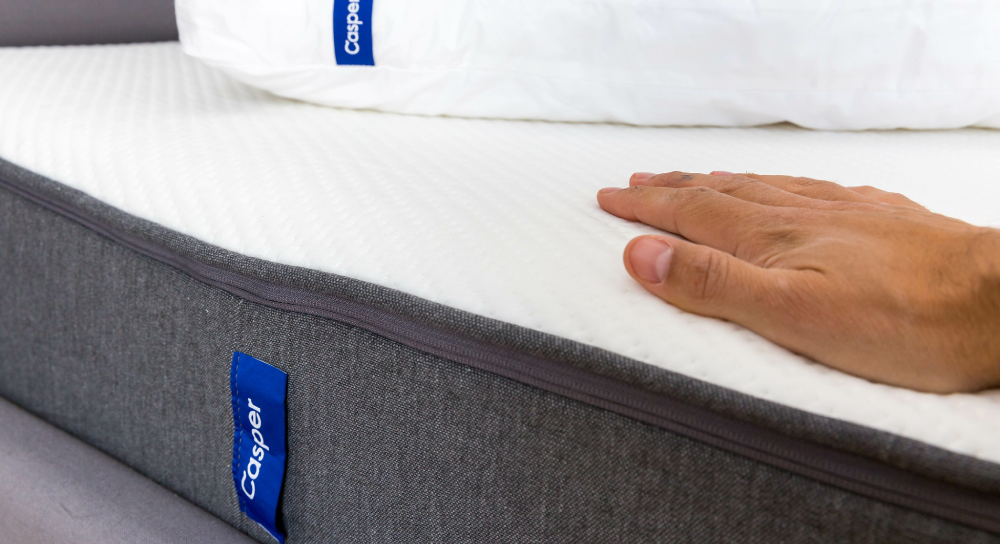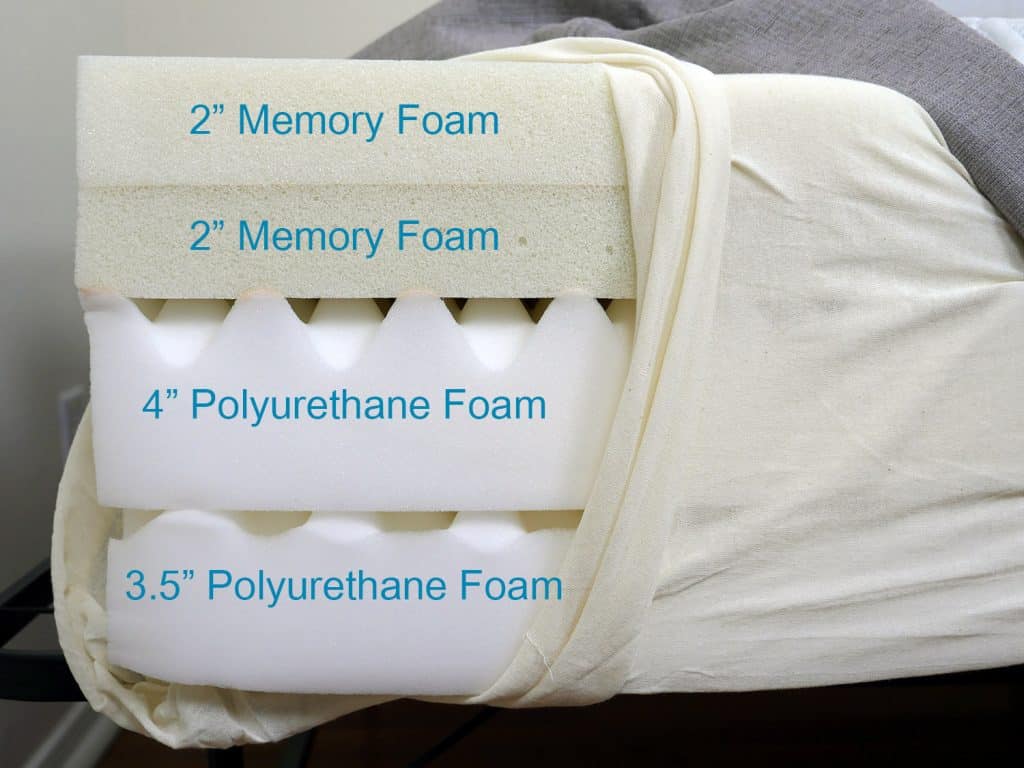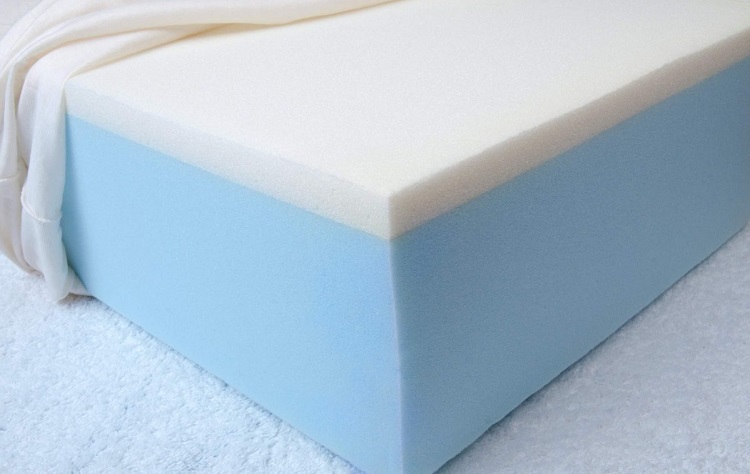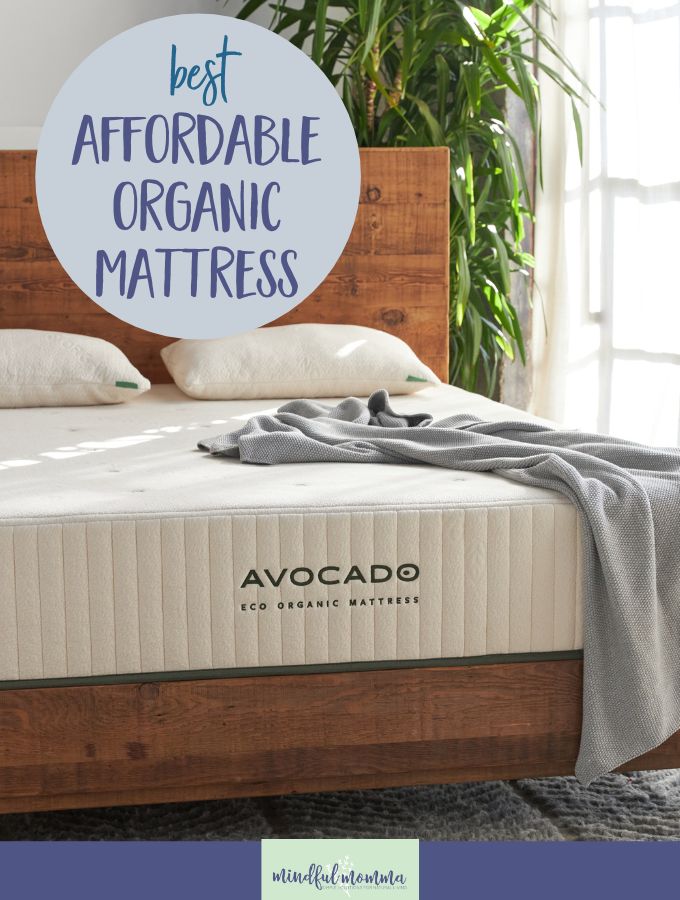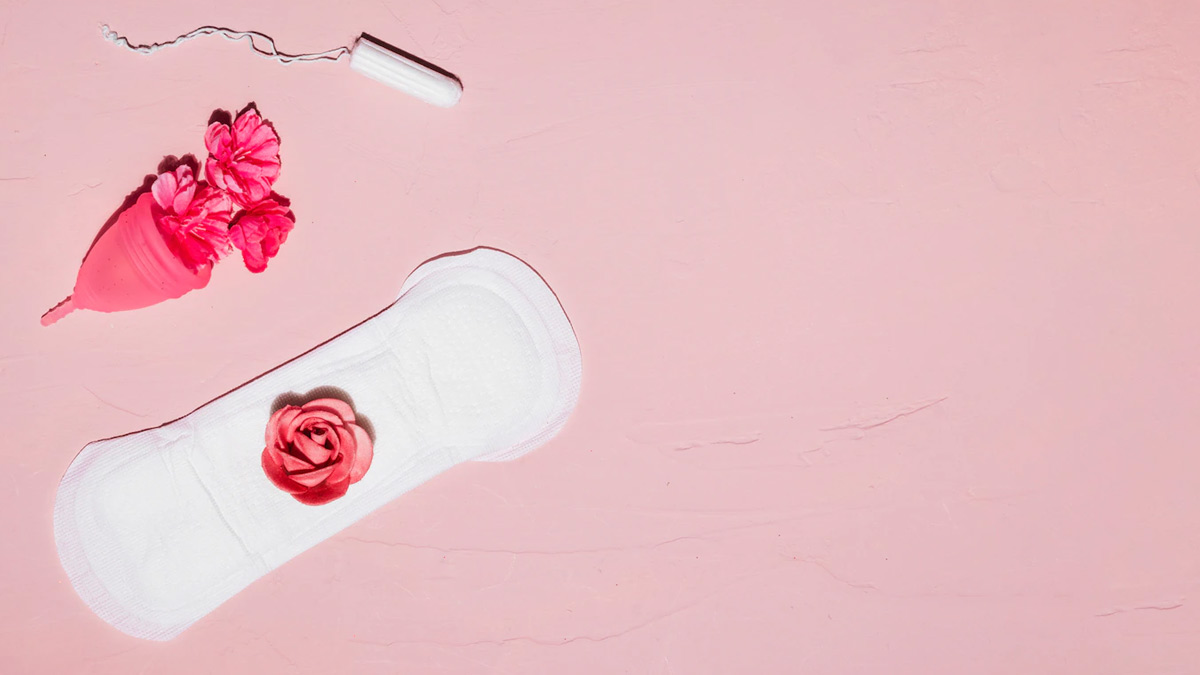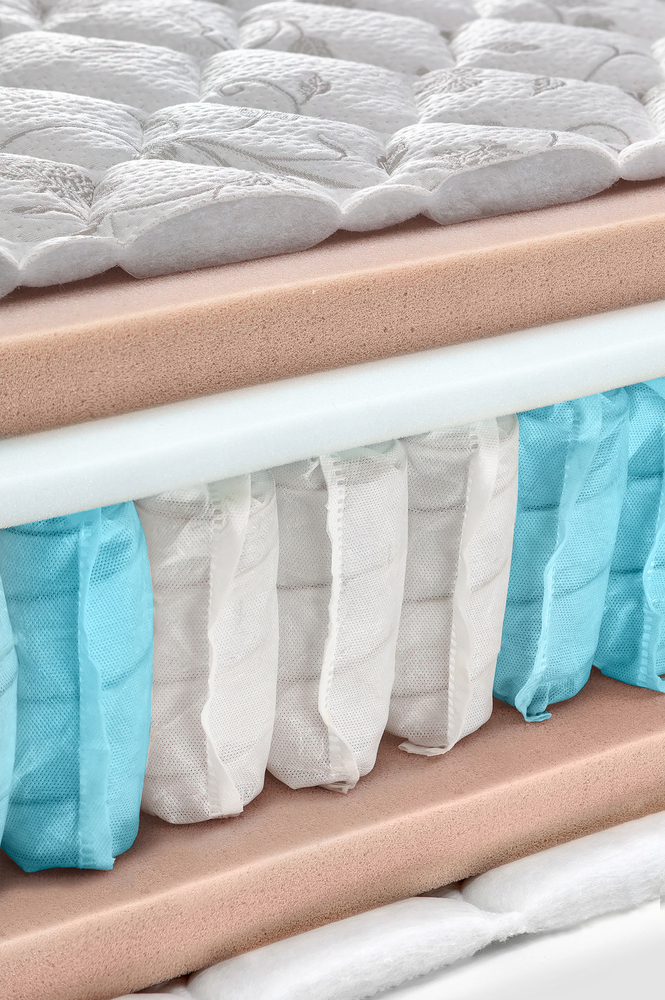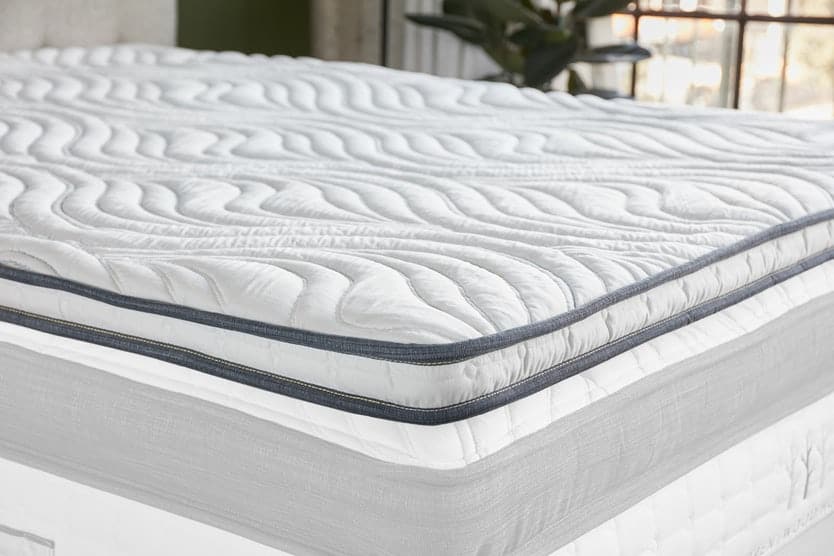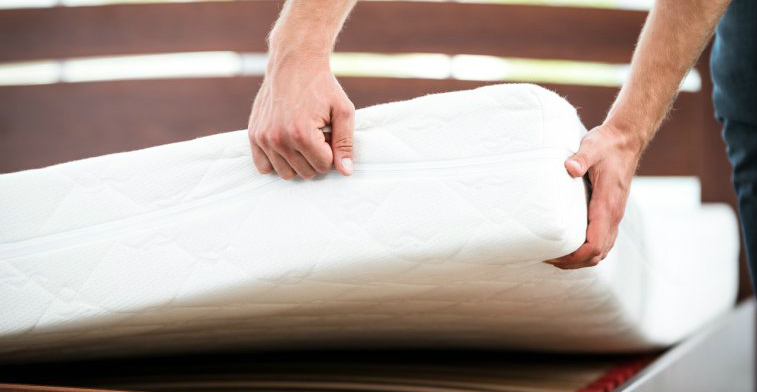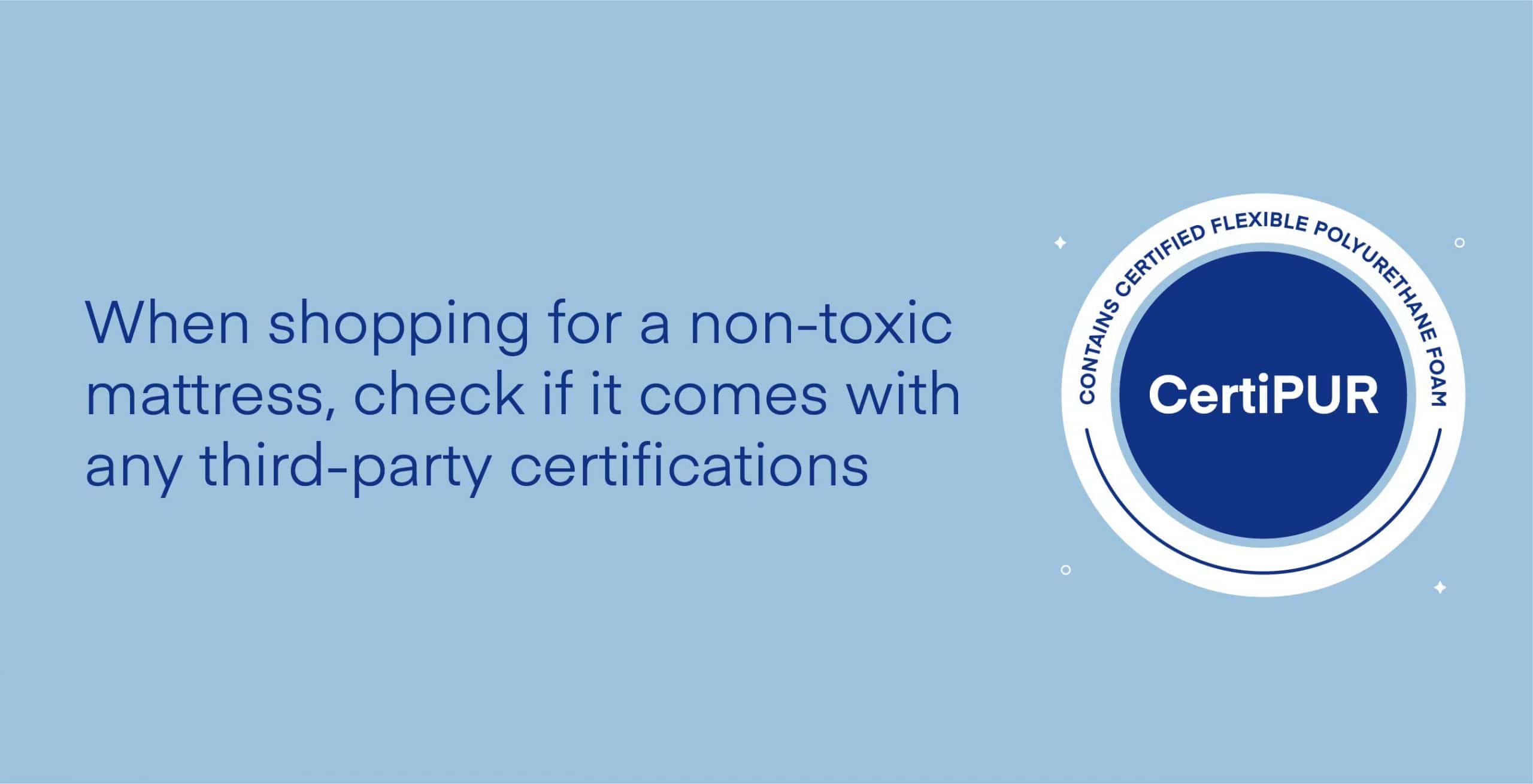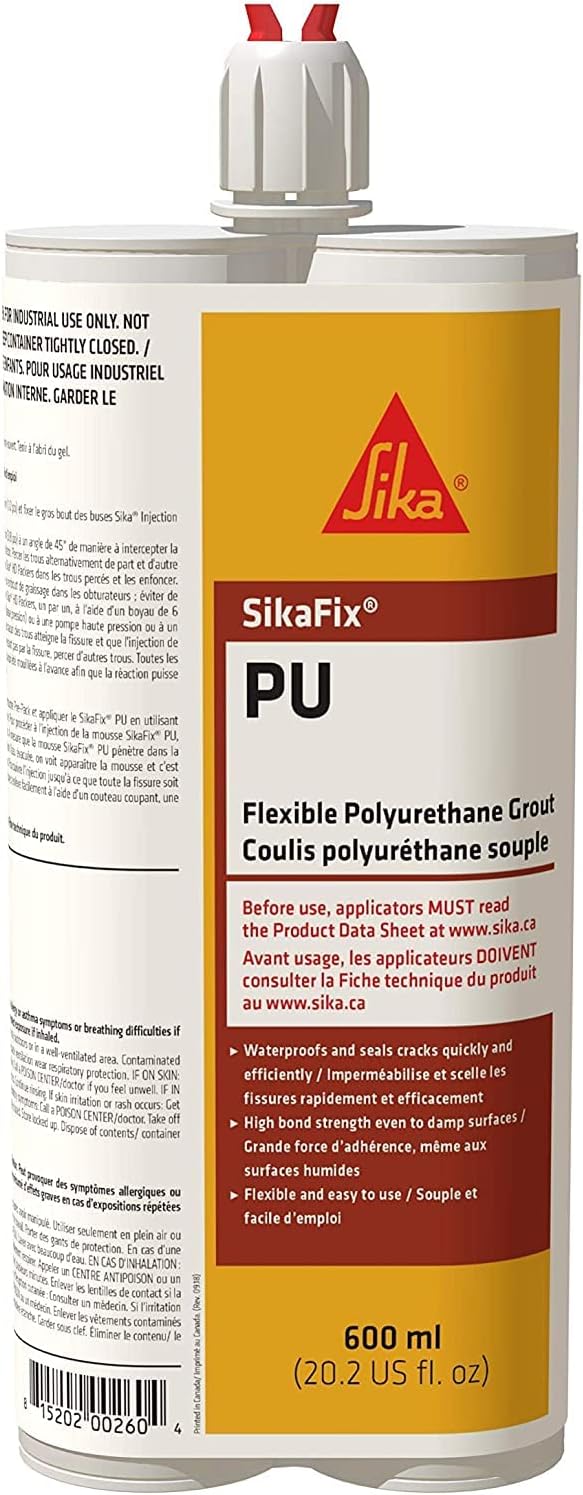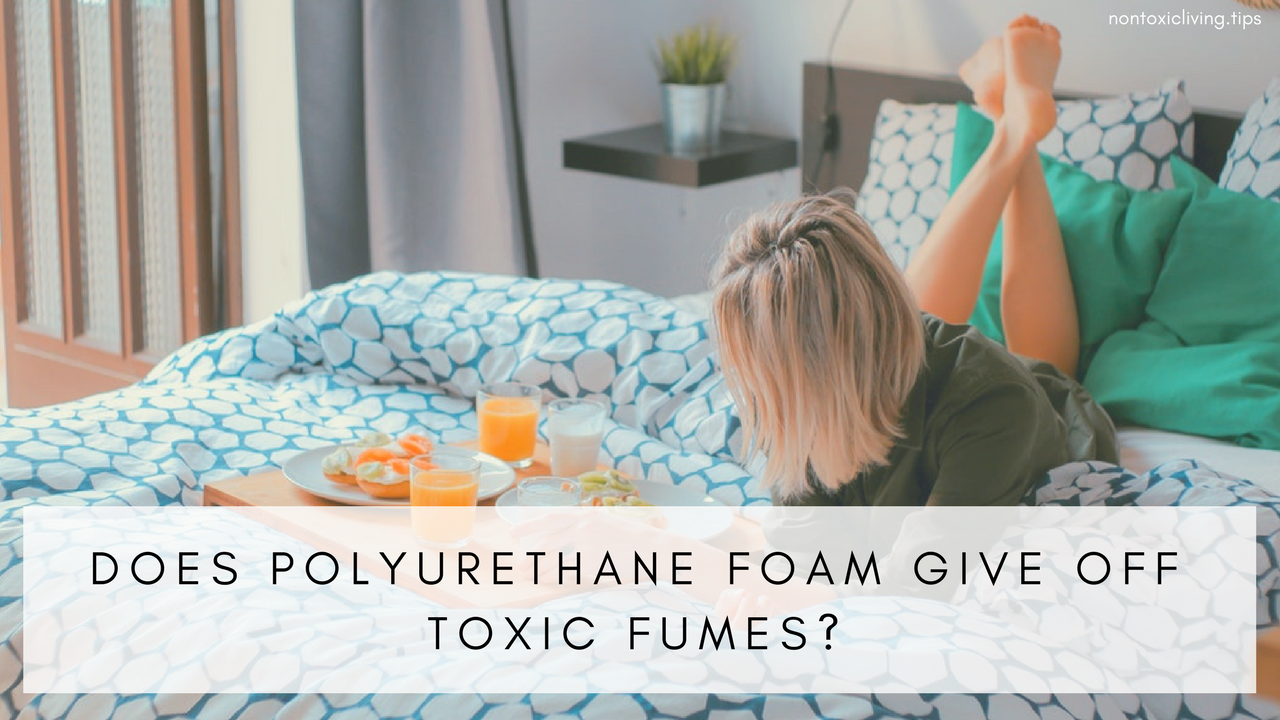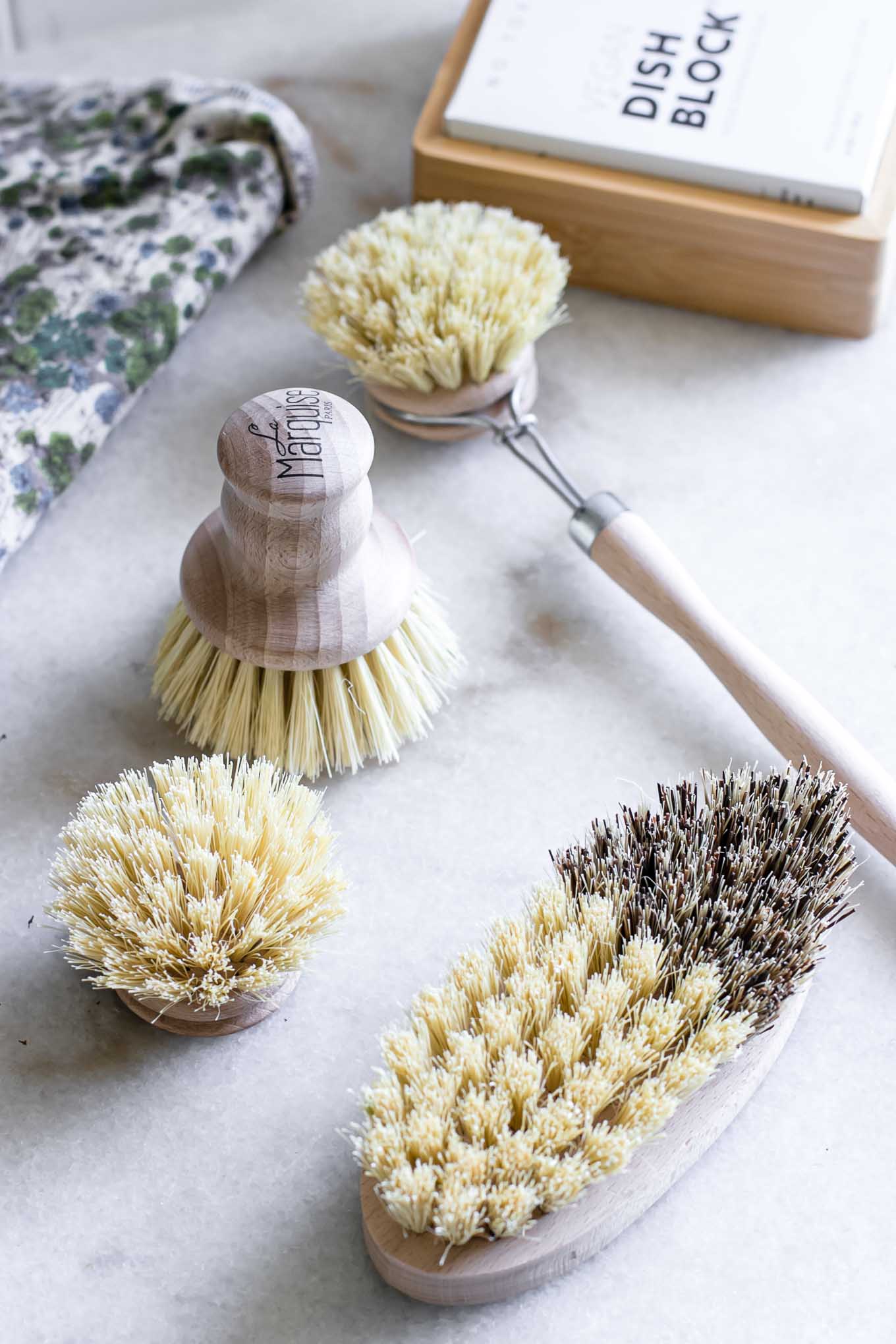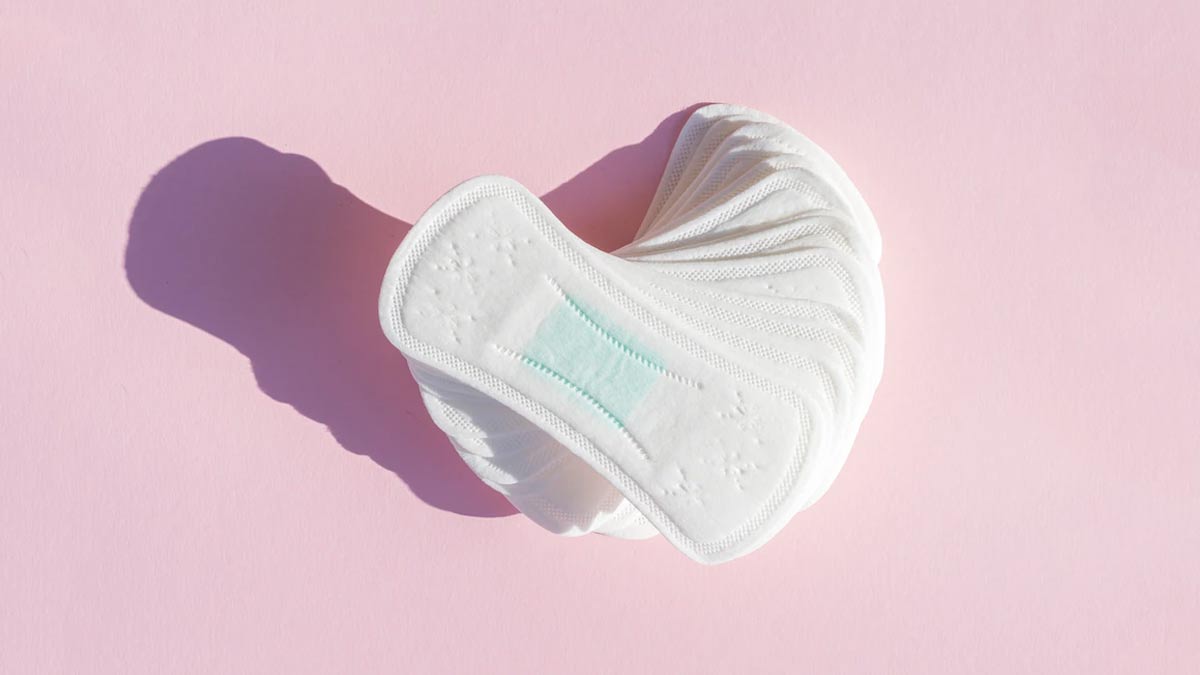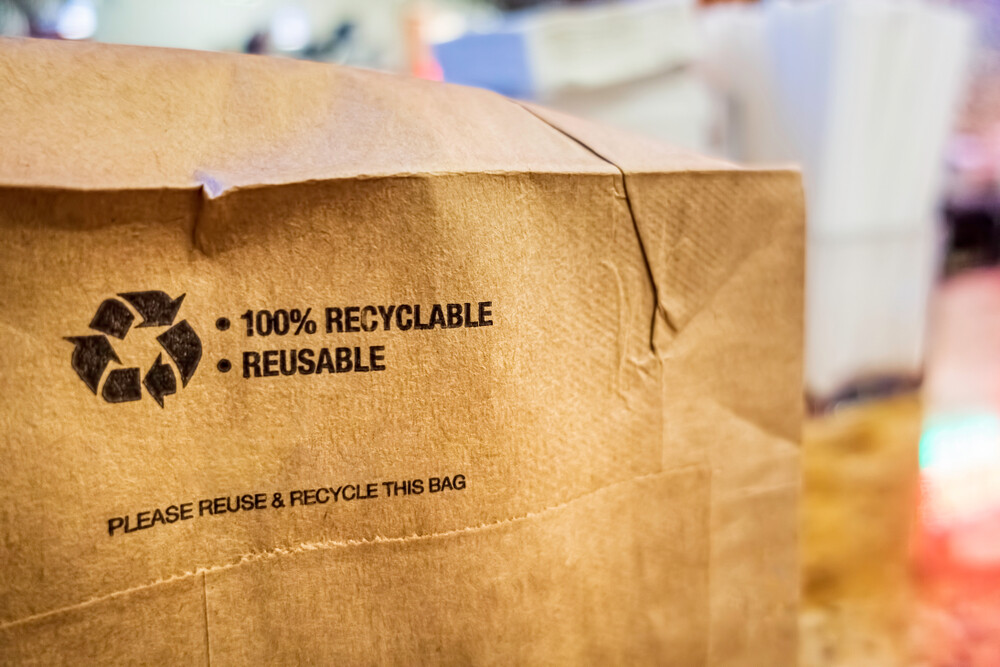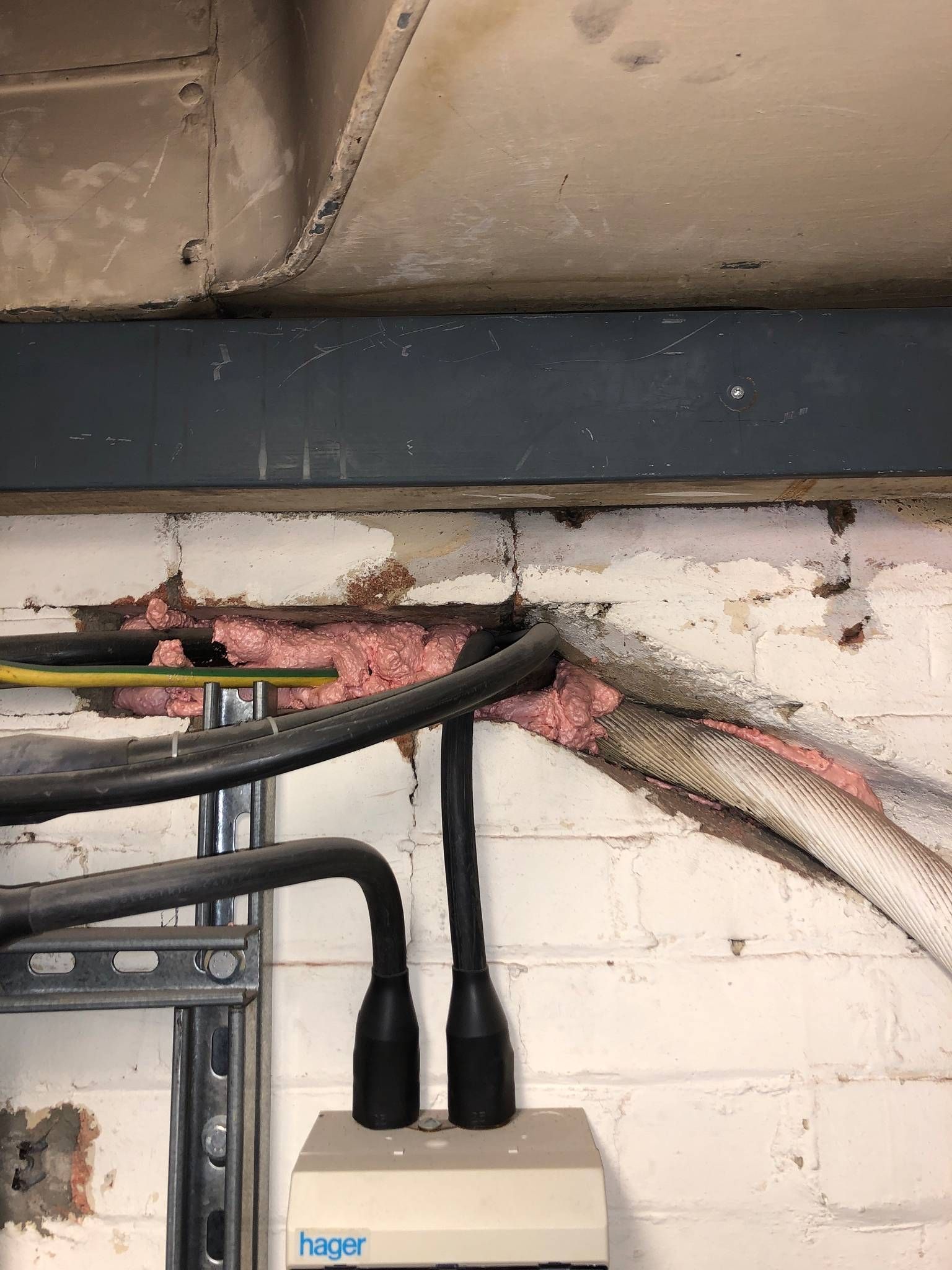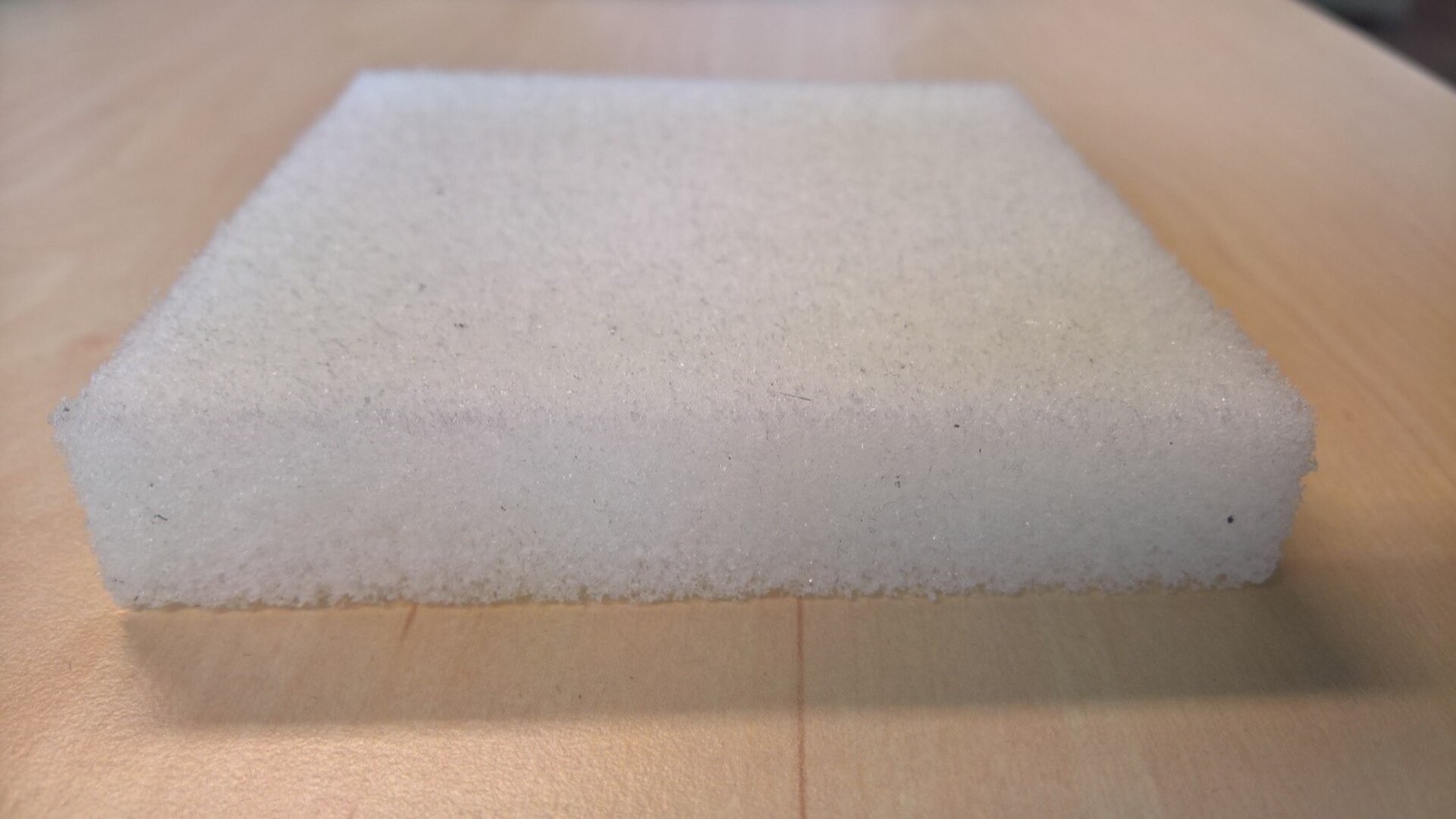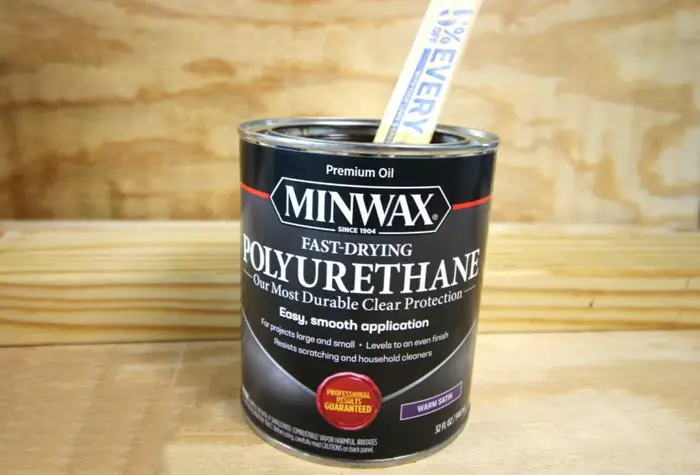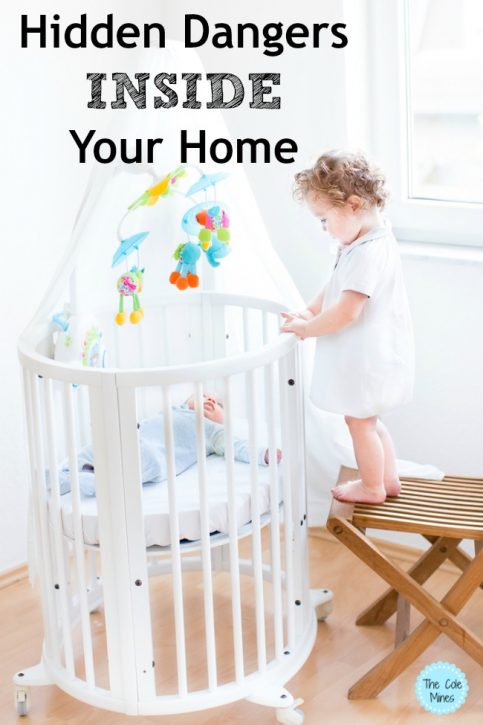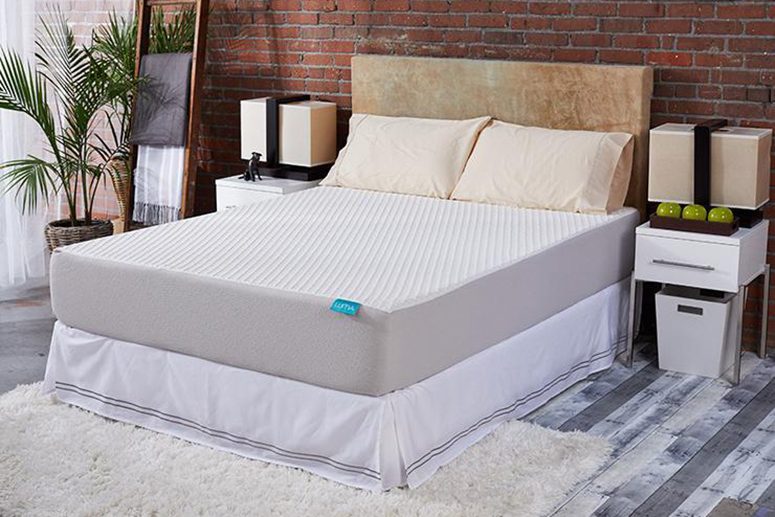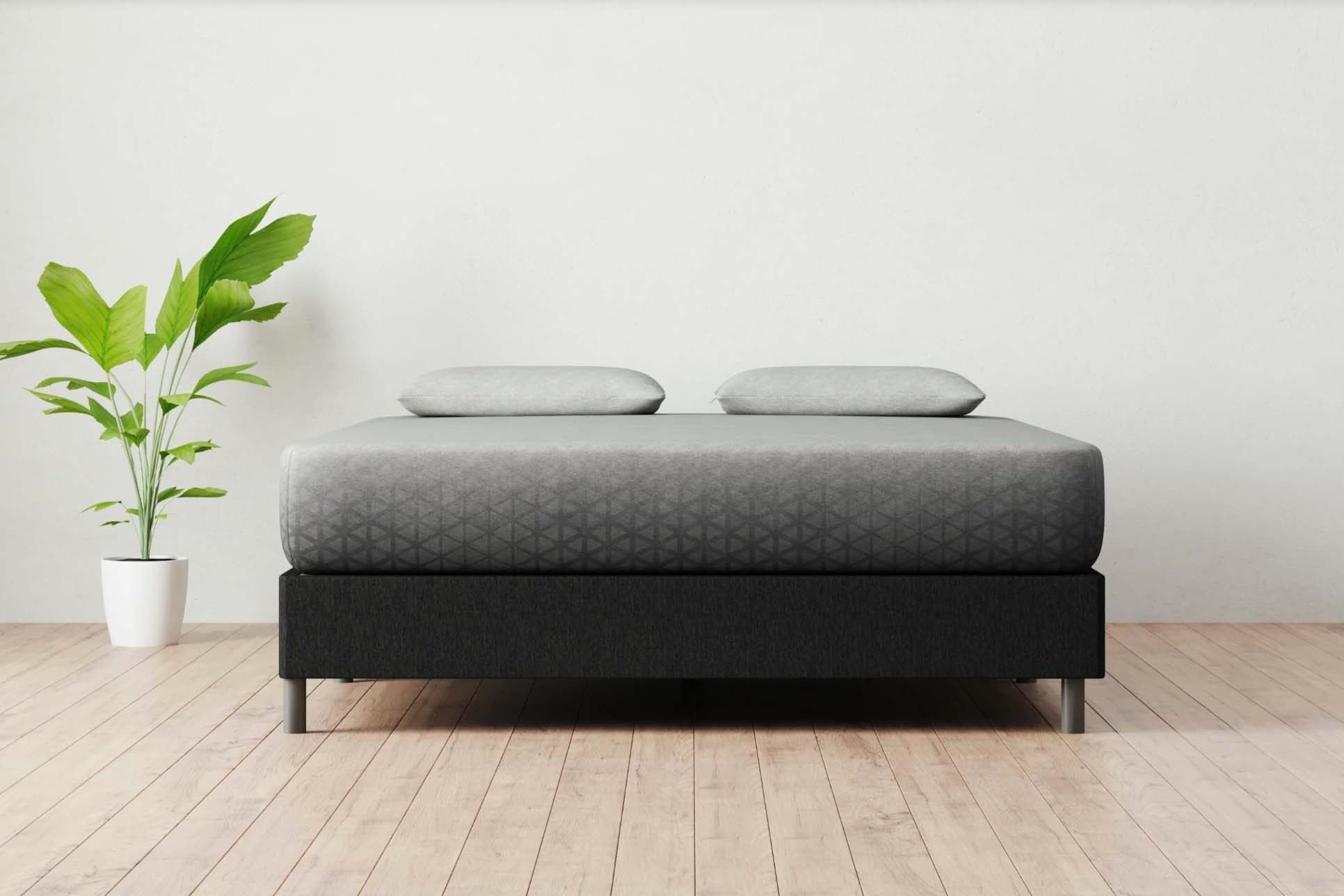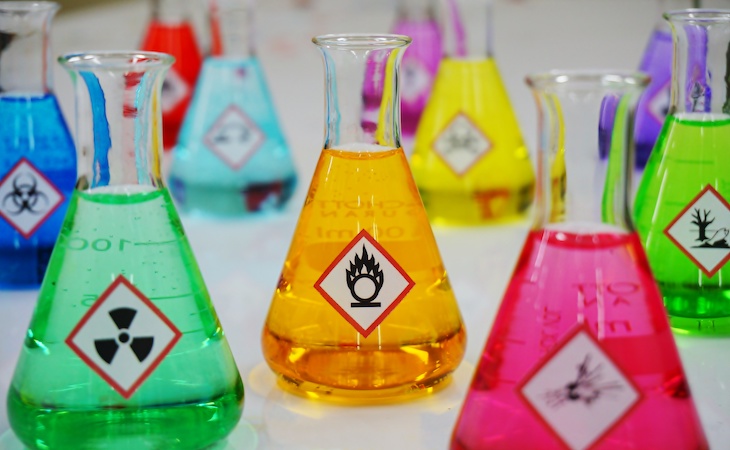1. Polyurethane Foam Mattress Pads: Are They Safe?
If you're in the market for a new mattress pad, you may have come across polyurethane foam options. These pads are known for their comfort and durability, but are they safe for you and your family? The answer is not so simple.
Polyurethane foam is made from a combination of chemicals, including isocyanates, polyols, and flame retardants. These chemicals have been linked to various health concerns, such as respiratory issues, skin irritation, and even cancer.
While the level of toxicity may vary depending on the specific chemicals used and the manufacturing process, it's important to be aware of the potential dangers associated with polyurethane foam mattress pads.
2. The Dangers of Polyurethane Foam Mattress Pads
The main concern with polyurethane foam mattress pads is the potential for off-gassing. This is the release of volatile organic compounds (VOCs) into the air, which can occur for several weeks or even months after the pad is first used.
VOCs can cause a range of health issues, including headaches, dizziness, and respiratory irritation. They can also have long-term effects on our health, such as damage to the liver, kidneys, and central nervous system.
Additionally, the flame retardants used in polyurethane foam mattress pads have been linked to hormone disruption and reproductive issues. These chemicals can also accumulate in our bodies over time, increasing the risk of health problems.
3. Toxic Chemicals in Mattress Pads: What You Need to Know
When shopping for a mattress pad, it's important to be aware of the potential toxic chemicals that may be present. These include:
- VOCs: As mentioned, volatile organic compounds can be released from polyurethane foam mattress pads, causing a range of health issues.
- Flame Retardants: These chemicals are added to mattress pads to meet fire safety standards, but they can have negative effects on our health.
- Formaldehyde: This chemical is commonly used in the production of polyurethane foam and can cause respiratory irritation and other health issues.
It's important to research and choose a mattress pad that is free from these harmful chemicals. Look for options that are certified as non-toxic and have low VOC emissions.
4. How to Choose a Non-Toxic Mattress Pad
When looking for a non-toxic mattress pad, be sure to read the label and product description carefully. Look for certifications and third-party testing that ensures the pad is free from harmful chemicals.
It's also important to consider the materials used in the pad. Natural materials like organic cotton, wool, and natural latex are great alternatives to polyurethane foam. These materials are less likely to off-gas and are more sustainable for the environment.
5. The Truth About Polyurethane Foam and Toxicity
Despite the potential dangers associated with polyurethane foam, it's important to note that not all foam is created equal. Some manufacturers have taken steps to reduce the use of harmful chemicals in their products and make their foam more environmentally friendly.
However, it's still crucial to do your own research and choose a mattress pad that is certified as non-toxic and safe for your health.
6. Eco-Friendly Alternatives to Polyurethane Mattress Pads
If you're concerned about the potential toxicity of polyurethane foam, there are plenty of eco-friendly alternatives to consider. These include:
- Organic Cotton: This natural material is free from harmful chemicals and is a great option for those with allergies or sensitivities.
- Wool: Wool is a natural flame retardant and is great for regulating temperature and moisture.
- Natural Latex: Derived from rubber trees, natural latex is a sustainable and comfortable option for mattress pads.
By choosing these alternatives, you can enjoy a comfortable and safe night's sleep.
7. Understanding the Health Risks of Polyurethane Foam
In addition to the potential toxicity of polyurethane foam mattress pads, there are other health risks to consider. For example, foam has been known to trap heat, leading to discomfort and disrupted sleep for some individuals.
Additionally, foam can compress over time, causing it to lose its shape and support. This can lead to discomfort and back pain.
By choosing a non-toxic and eco-friendly mattress pad, you can avoid these potential health risks and enjoy a more comfortable and sustainable sleep environment.
8. The Hidden Dangers of Polyurethane Mattress Pads
Unfortunately, many consumers are still unaware of the potential dangers associated with polyurethane foam mattress pads. This is due to inadequate labeling and lack of regulations in the industry.
It's important to educate yourself and others about the potential health risks of these products and advocate for stricter regulations and transparency in the mattress industry.
9. Non-Toxic Mattress Pads: What to Look For
When shopping for a non-toxic mattress pad, there are a few key things to look for:
10. How to Avoid Toxic Chemicals in Your Mattress Pad
Aside from choosing a non-toxic mattress pad, there are other ways to reduce your exposure to harmful chemicals in your sleep environment. These include:
The Dangers of Polyurethane Mattress Pads: A Toxic Addition to Your Bedroom

What is Polyurethane and Why is it Used in Mattress Pads?
 Polyurethane is a synthetic material commonly used in the manufacturing of various household products, including mattress pads. It is known for its durability, water resistance, and ability to provide cushioning and support. However, what many people don't realize is that polyurethane can also be toxic and potentially harmful to both our health and the environment.
Polyurethane is a synthetic material commonly used in the manufacturing of various household products, including mattress pads. It is known for its durability, water resistance, and ability to provide cushioning and support. However, what many people don't realize is that polyurethane can also be toxic and potentially harmful to both our health and the environment.
The Toxic Chemicals Found in Polyurethane Mattress Pads
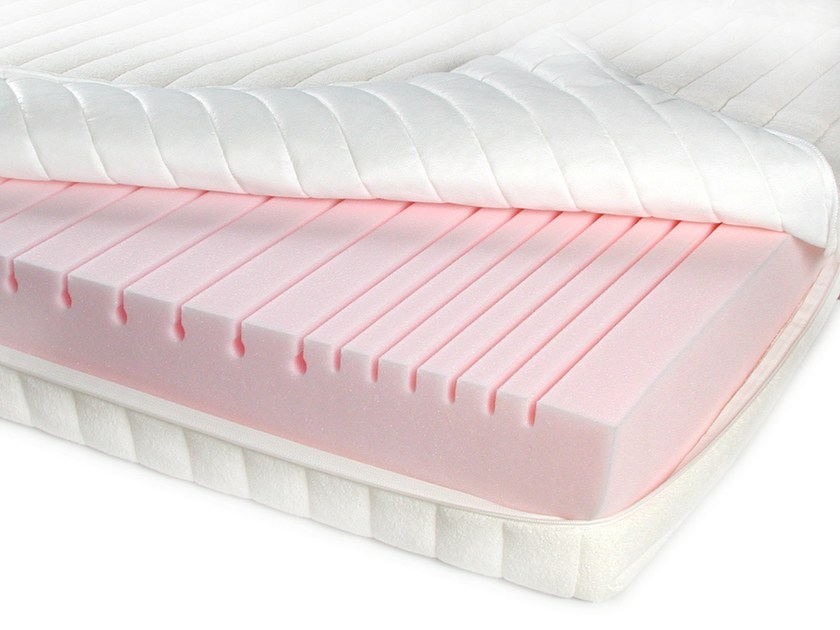 Polyurethane is made up of various chemicals, including isocyanates, polyols, and flame retardants.
Isocyanates
, in particular, have been linked to respiratory issues, skin irritation, and even cancer.
Polyols
are known to emit volatile organic compounds (VOCs), which can cause headaches, dizziness, and other health problems. And
flame retardants
have been found to be endocrine disruptors and carcinogens.
Polyurethane is made up of various chemicals, including isocyanates, polyols, and flame retardants.
Isocyanates
, in particular, have been linked to respiratory issues, skin irritation, and even cancer.
Polyols
are known to emit volatile organic compounds (VOCs), which can cause headaches, dizziness, and other health problems. And
flame retardants
have been found to be endocrine disruptors and carcinogens.
The Potential Health Risks of Sleeping on a Polyurethane Mattress Pad
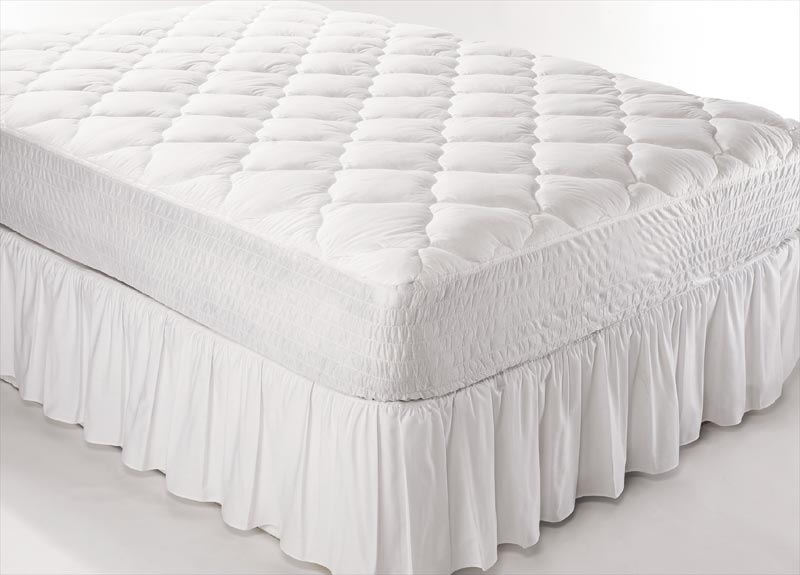 When we sleep, our bodies are in close contact with our bedding, including our mattress pad. This means we are inhaling and absorbing any chemicals present in the materials used to make it, such as polyurethane.
Exposure to these toxic chemicals can lead to various health issues, including respiratory problems, skin irritation, and even neurological disorders.
Additionally,
polyurethane is not biodegradable and can release harmful chemicals into the environment when disposed of improperly.
When we sleep, our bodies are in close contact with our bedding, including our mattress pad. This means we are inhaling and absorbing any chemicals present in the materials used to make it, such as polyurethane.
Exposure to these toxic chemicals can lead to various health issues, including respiratory problems, skin irritation, and even neurological disorders.
Additionally,
polyurethane is not biodegradable and can release harmful chemicals into the environment when disposed of improperly.
Alternative Options for a Safer and Healthier Bedding Choice
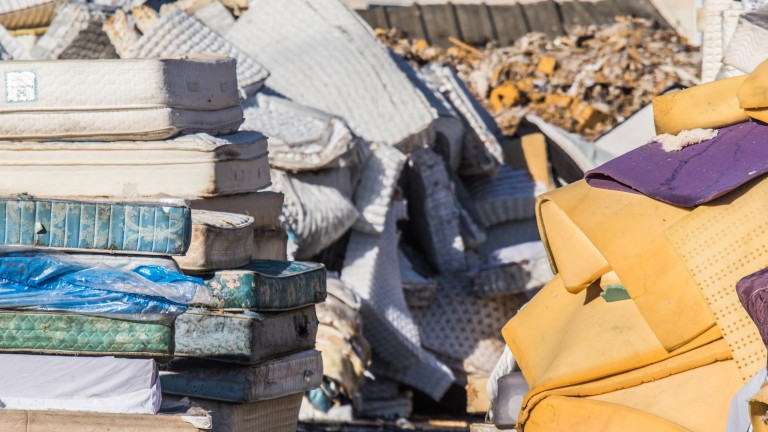 Fortunately, there are many alternative options available for those looking for a safer and healthier bedding choice. One option is to look for mattress pads made from natural materials such as organic cotton, wool, or bamboo. These materials are free from harmful chemicals and are also biodegradable, making them more environmentally friendly.
Another option is to invest in a mattress pad made from natural latex.
Natural latex is a sustainable and eco-friendly material that is naturally hypoallergenic and resistant to dust mites, mold, and bacteria.
It also provides excellent cushioning and support, making it a great choice for those seeking a comfortable and healthy sleep environment.
Fortunately, there are many alternative options available for those looking for a safer and healthier bedding choice. One option is to look for mattress pads made from natural materials such as organic cotton, wool, or bamboo. These materials are free from harmful chemicals and are also biodegradable, making them more environmentally friendly.
Another option is to invest in a mattress pad made from natural latex.
Natural latex is a sustainable and eco-friendly material that is naturally hypoallergenic and resistant to dust mites, mold, and bacteria.
It also provides excellent cushioning and support, making it a great choice for those seeking a comfortable and healthy sleep environment.
Conclusion
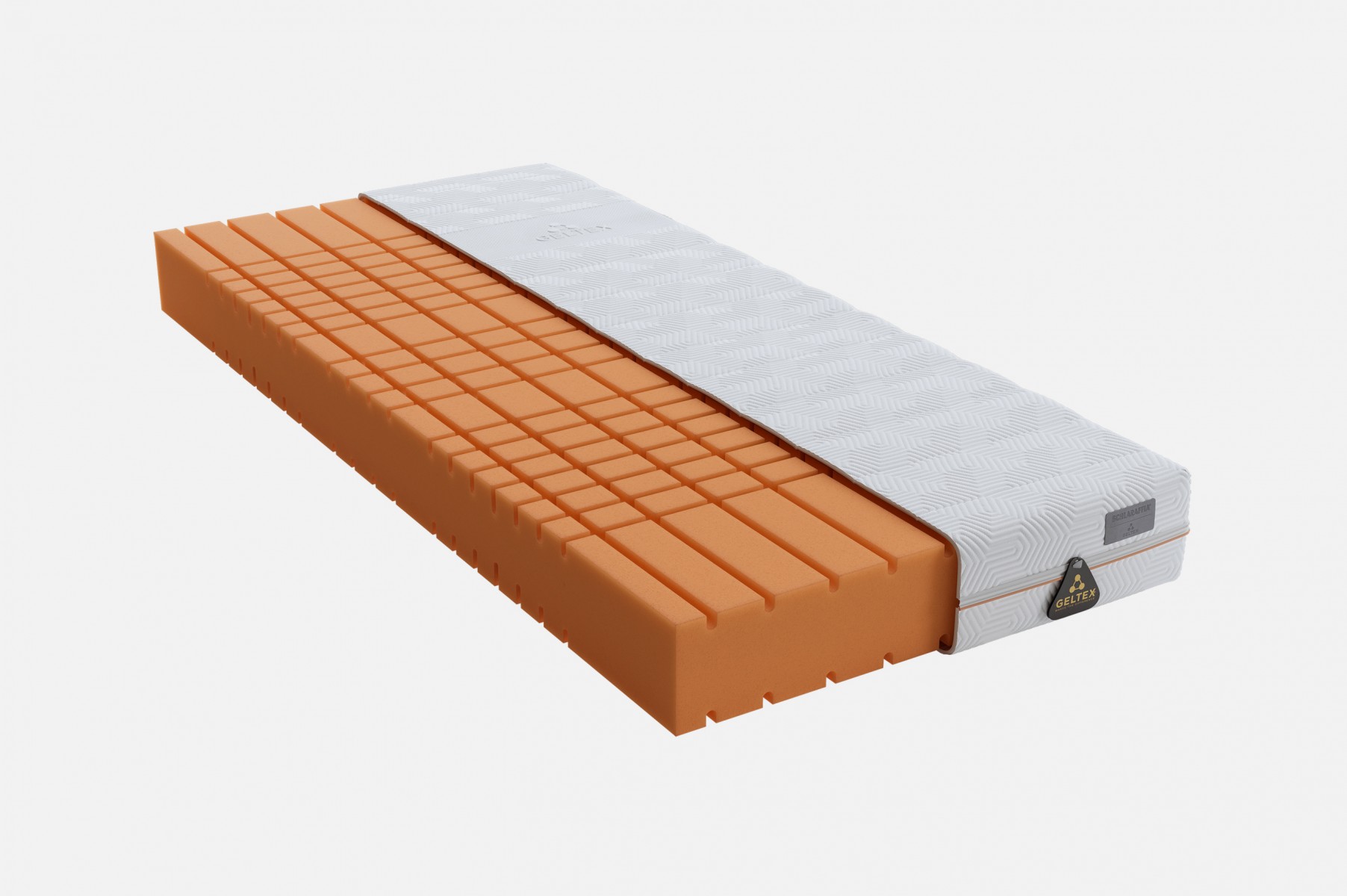 In conclusion, while polyurethane mattress pads may seem like a convenient and affordable option, they come with potential health risks and negative impacts on the environment.
By choosing natural and eco-friendly materials for our bedding, we can create a safer and healthier sleeping environment for ourselves and our planet.
So next time you're in the market for a new mattress pad, remember to consider the materials used and opt for a healthier alternative.
In conclusion, while polyurethane mattress pads may seem like a convenient and affordable option, they come with potential health risks and negative impacts on the environment.
By choosing natural and eco-friendly materials for our bedding, we can create a safer and healthier sleeping environment for ourselves and our planet.
So next time you're in the market for a new mattress pad, remember to consider the materials used and opt for a healthier alternative.





